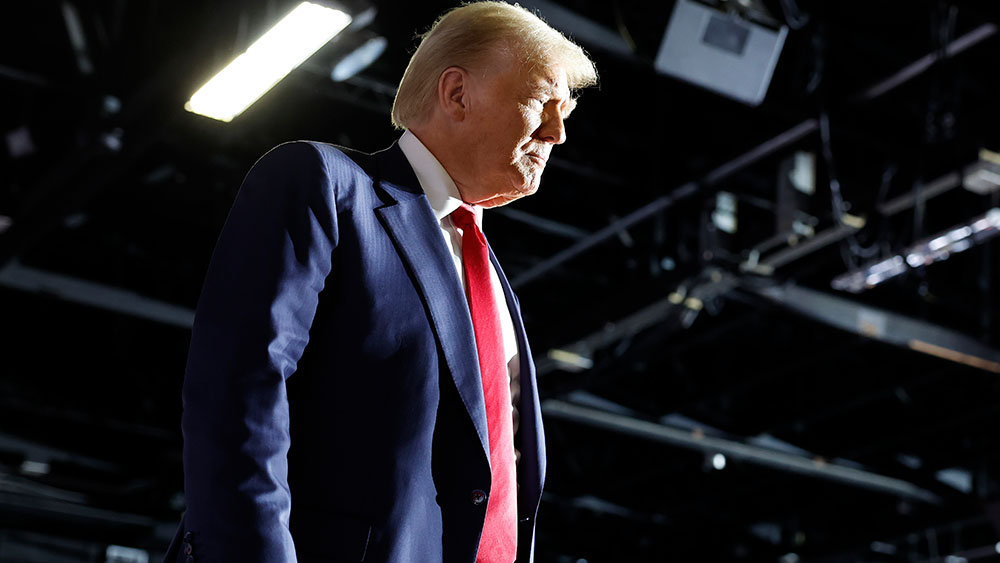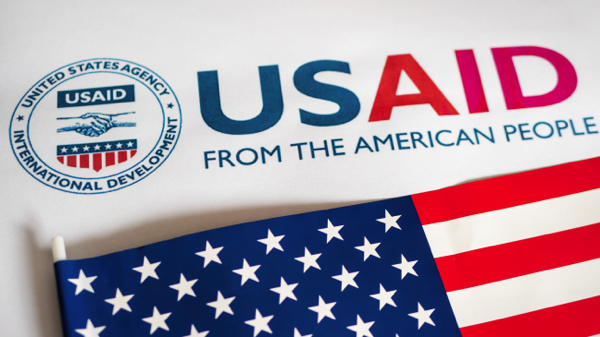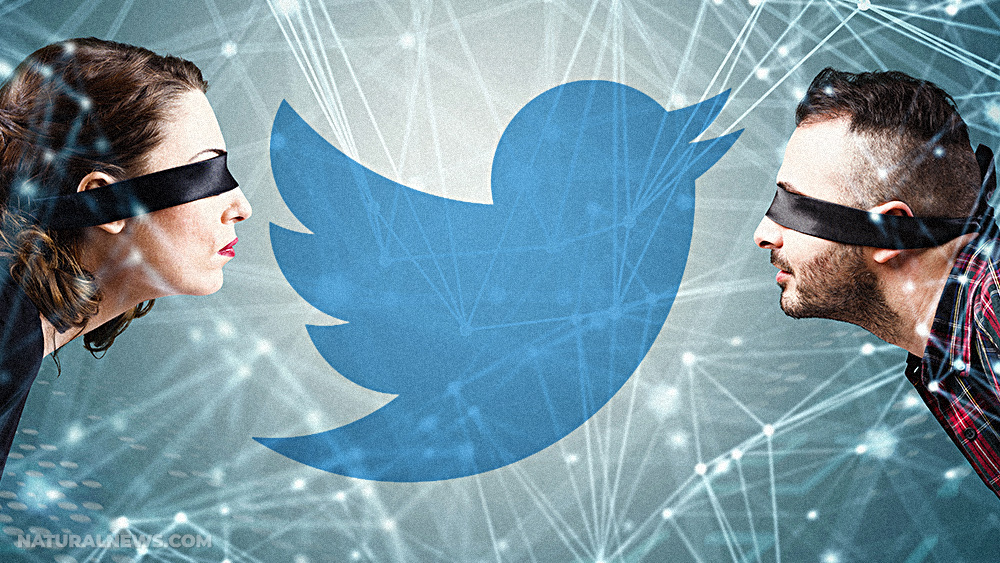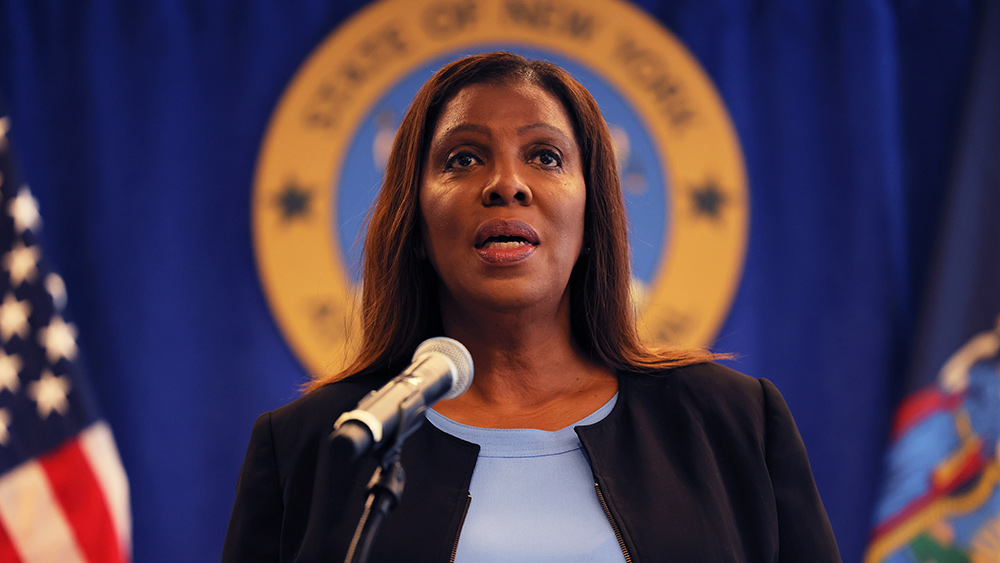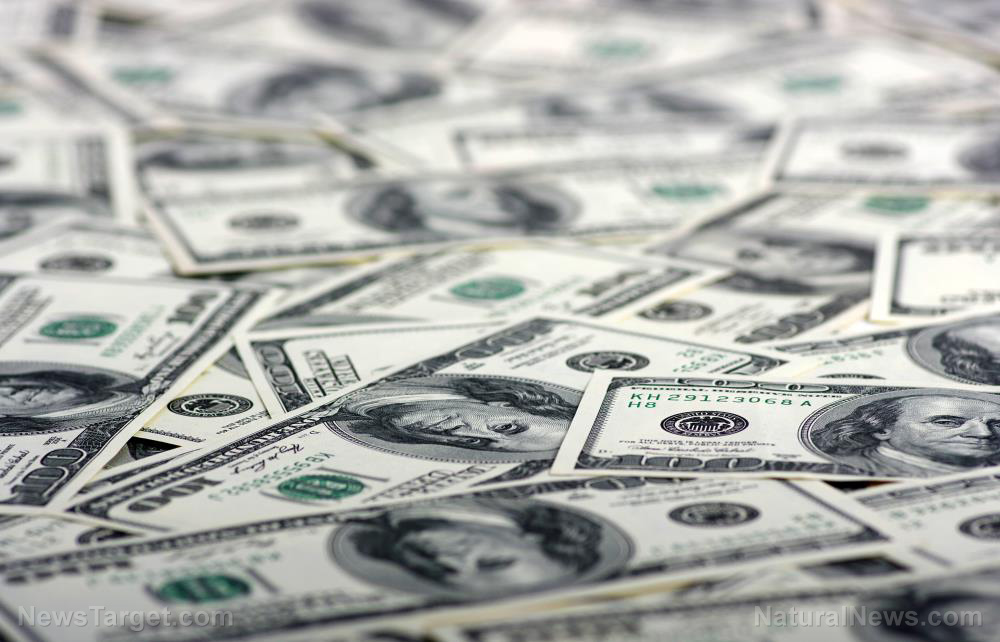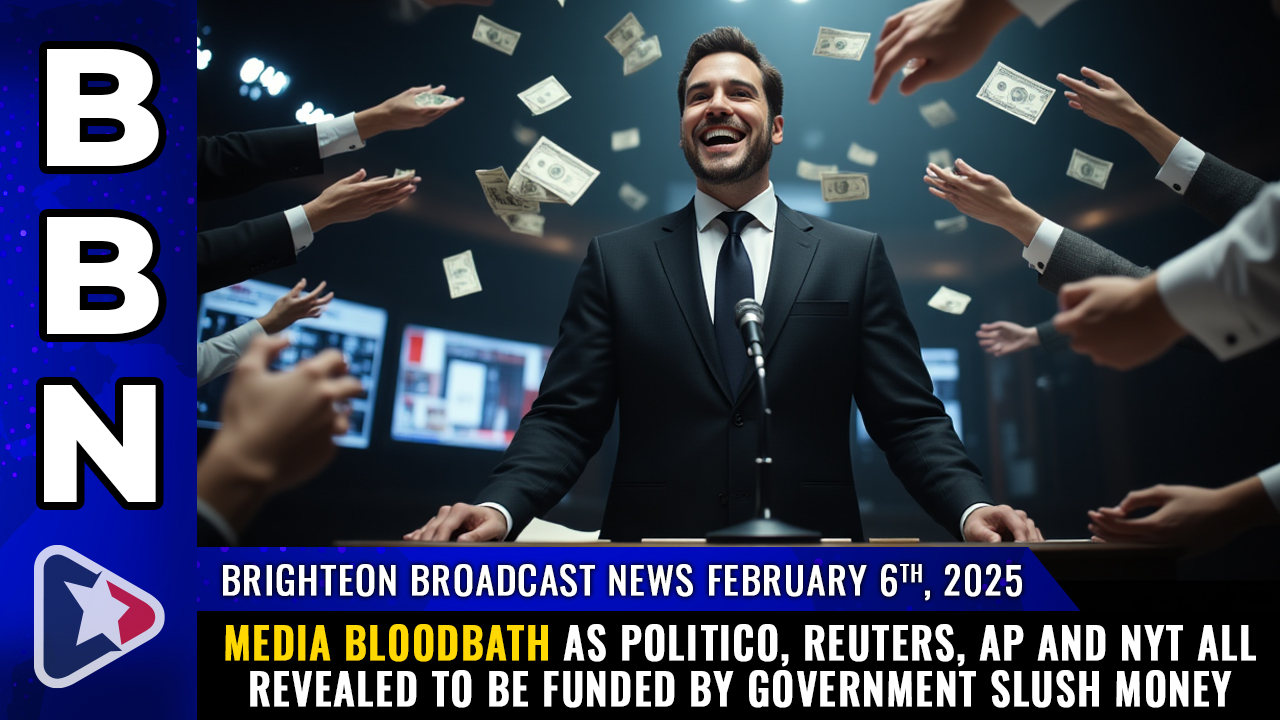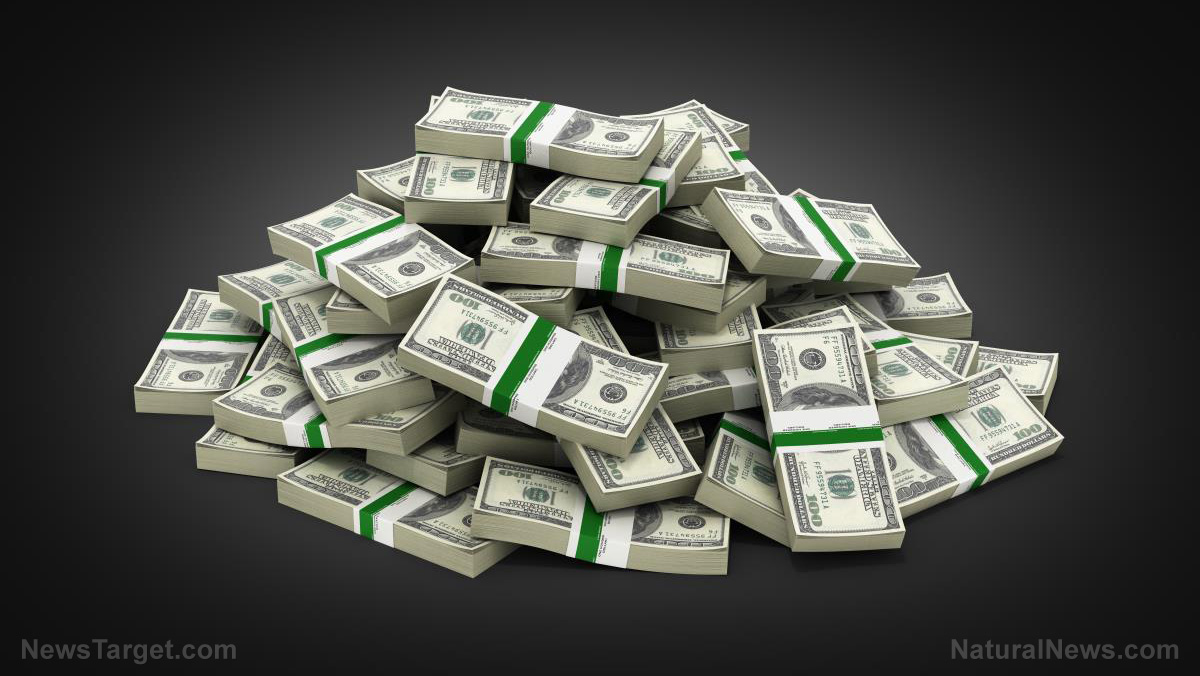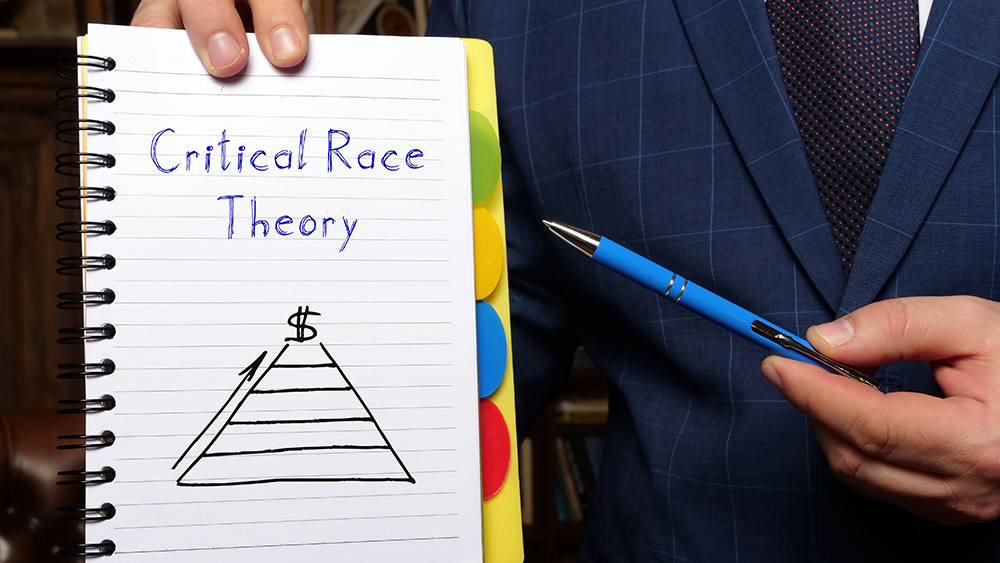Trump rescues TikTok, proposes 50% U.S. ownership to avert ban
01/20/2025 / By Cassie B.

- TikTok was temporarily shut down in the U.S. due to a Biden administration law requiring ByteDance to divest or face a ban over national security concerns.
- President-elect Donald Trump intervened, proposing a 50% U.S. ownership stake in TikTok through a joint venture to address security risks and save the app.
- The app was restored to U.S. users after Trump’s intervention.
- Critics argue TikTok poses surveillance risks, while supporters highlight its cultural and economic impact, sparking debates over free speech and national security.
- TikTok’s long-term future remains uncertain as ByteDance resists selling the app and Chinese officials oppose selling its algorithm, key to its success.
TikTok, the wildly popular Chinese-owned video-sharing app, was restored to U.S. users on Sunday after a brief shutdown, thanks to President-elect Donald Trump’s intervention. The app, used by over 170 million Americans, had gone dark earlier in the day following a Biden administration-enforced law requiring its Chinese parent company, ByteDance, to divest or face a nationwide ban.
Trump’s executive order, set to be signed Monday, delays the ban and proposes a groundbreaking solution: a 50% U.S. ownership stake in TikTok through a joint venture. This move not only saves the app but also reignites a heated debate over national security, free speech, and the future of one of the world’s most influential social media platforms.
The Biden administration’s push to ban TikTok stems from mounting concerns over national security. Critics argue that the app, owned by Beijing-based ByteDance, could be used as a tool for Chinese surveillance, potentially exposing sensitive user data to the Chinese government. The bipartisan law, signed by President Biden in April, required ByteDance to sell TikTok to a U.S.-approved buyer or face a ban. The law also prohibited American companies like Apple and Google from hosting the app in their stores, effectively cutting off its distribution.
TikTok’s abrupt shutdown on Sunday morning was a preemptive move to avoid hefty penalties under the law. The app disappeared from app stores, but later it was restored and users were greeted with a message thanking Trump for his efforts to restore service.
Trump’s proposal: A 50% U.S. stake
Trump’s solution to the TikTok dilemma is both bold and unconventional. In a statement on Truth Social, he proposed a joint venture that would grant the U.S. a 50% ownership stake in the app. “By doing this, we save TikTok, keep it in good hands, and allow it to stay up,” Trump wrote. “Without U.S. approval, there is no TikTok. With our approval, it is worth hundreds of billions of dollars—maybe trillions.”
The proposal aims to address national security concerns while preserving the app’s economic and cultural impact. Trump emphasized that the U.S. government would not fund the deal but would provide regulatory approval. “We’re going to have a lot of bidders,” he said at a rally on Sunday. “The United States will do what we call a joint venture.”
The TikTok saga highlights the delicate balance between safeguarding national security and protecting free speech. On one hand, critics argue that allowing a Chinese-owned app to operate in the U.S. poses significant risks.
On the other hand, banning TikTok could set a dangerous precedent for censorship. The app has become a vital platform for creativity, entrepreneurship, and political expression, particularly among young Americans.
What’s next for TikTok?
While Trump’s intervention has temporarily saved TikTok, its long-term future remains uncertain. The Biden administration’s law still requires ByteDance to divest, and it’s unclear whether a 50% U.S. ownership stake would satisfy congressional concerns. ByteDance has so far resisted selling the app, and Chinese officials have indicated they would not allow the sale of TikTok’s algorithm, the key to its success.
As political wrangling continues, TikTok’s fate hangs in the balance. For now, the app is back online, and its users are breathing a sigh of relief. But whether TikTok remains a fixture in American life or becomes a casualty of geopolitical tensions will depend on the outcome of high-stakes negotiations in the weeks and months ahead.
Sources for this article include:
Submit a correction >>
Tagged Under:
Big Tech, China, free speech, freedom, Glitch, NationalSecurity, progress, Social media, surveillance, TikTok, Trump
This article may contain statements that reflect the opinion of the author
RECENT NEWS & ARTICLES
COPYRIGHT © 2018 BANNED.NEWS
All content posted on this site is protected under Free Speech. Banned.news is not responsible for content written by contributing authors. The information on this site is provided for educational and entertainment purposes only. It is not intended as a substitute for professional advice of any kind. Banned.news assumes no responsibility for the use or misuse of this material. All trademarks, registered trademarks and service marks mentioned on this site are the property of their respective owners.




